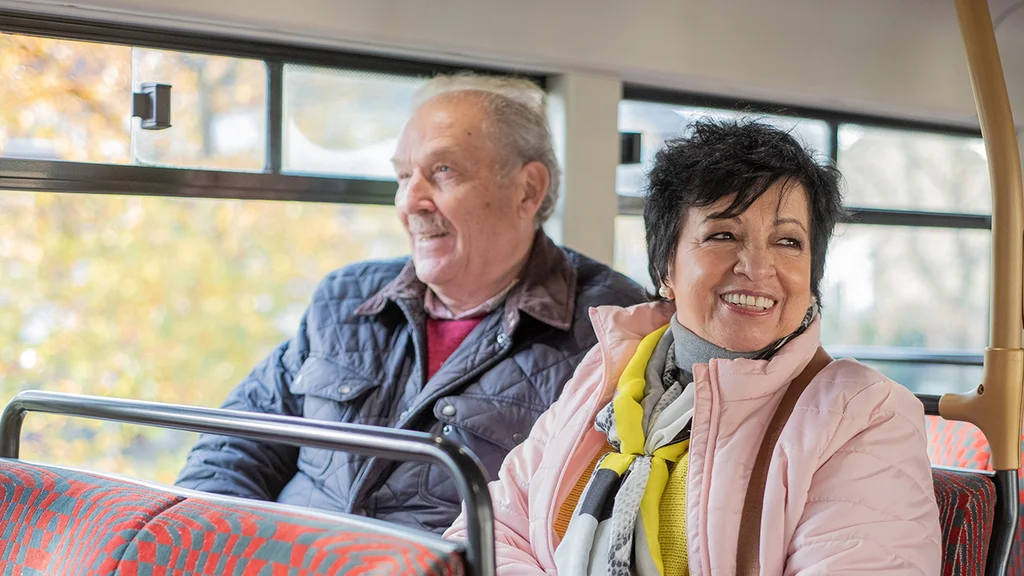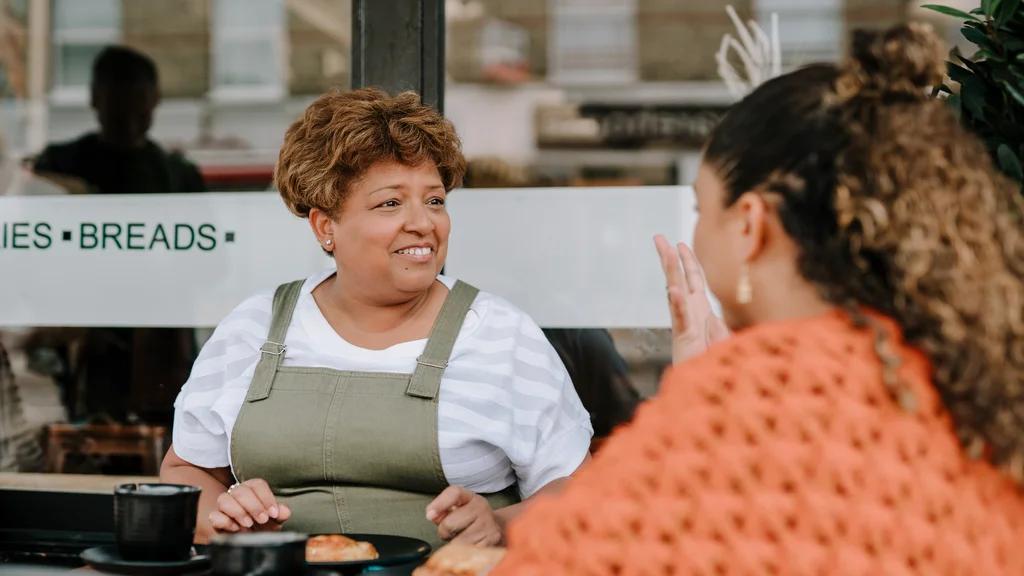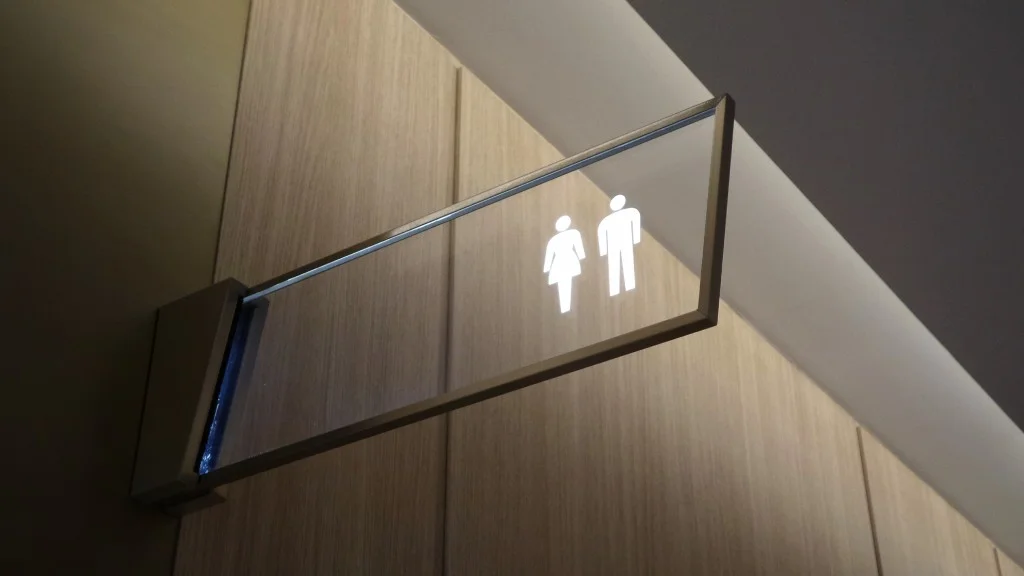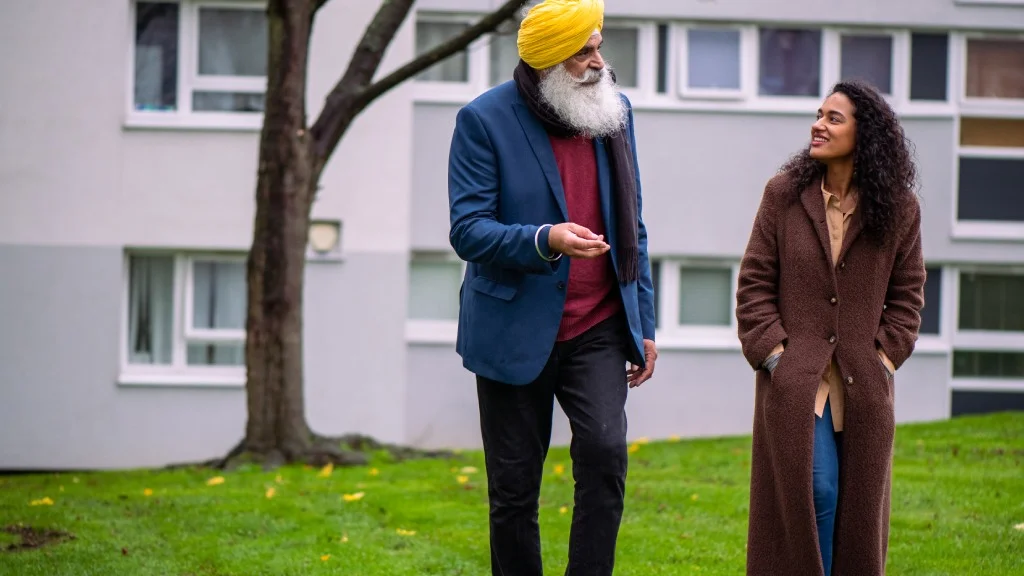
How to make your local transport more accessible
Accessible, affordable transport is essential for people of all ages. It allows us to live our lives freely. From visiting friends, to attending doctors’ appointments to buying groceries. But we don’t all have equal access.
Many of us struggle to use public transport. Research has found that a number of barriers including a lack of confidence, not being able to access timetables and other information, or being afraid of injury. On average, Disabled people and those with mobility issues take 60% fewer trips than other adults.
Public transport is particularly important as we get older if our health or physical needs change. Having a visual impairment, difficulty hearing or moving around can mean that simple things like an accessible vehicle and an understanding driver can make the difference between going out and staying at home.
Research shows that improving access to public transport can lead to a reduction of self-reported low wellbeing.
While there is work needed to improve the coverage of transport, local operators can make existing services more accessible. Our 5 tips for service providers, like bus and train companies, look at what barriers people face to accessing transport, and what can be done to help them overcome this.
We shouldn’t wait for a crisis to try and make a change. The voices of older people from some backgrounds and communities are often overlooked, so that we do not know what difficulties they face. Involving a range of people in a conversation early on means that we can ensure their needs are met.
Many of us have had our confidence knocked since the pandemic. It can be scary to take public transport for fear of getting ill or being out of the routine of using it.
Schemes such as London’s Travel Mentoring provide mentors to accompany people for a first few practice journeys to help them travel independently.
Lots of us need a bit of extra help getting around. If we are living with a health condition, are pregnant or a bit older, at some point all of us might need a helping hand.
Some communities have ‘journey assistant card’ schemes, which are used to show that someone would like some support. In participating areas, people simply flash the card at their driver who will then know to provide extra assistance.
Knowledge is power. Many people do not use the internet and rely on in-person information. Providers need to make sure that they have up-to-date timetables both online and also in print.
Changes to the timetable should be updated and highlighted clearly online and in person.
The fear of slips, trips and falls on buses can make taking public transportation a scary experience.
In the Isle of Wight, the island’s main bus operator has mandatory training to educate drivers about challenges faced by some older people, and how to improve their experience. This was to raise awareness about the impact that small changes can have. For example, waiting until passengers are seated before driving significantly improves people’s comfort and safety. They have seen a reduction in incidents since doing the training, demonstrating the impact it can have. You can watch a video on the impact of the training here.
We must all work together to ensure that everyone – regardless of age or disability – is able to move around in their communities.


